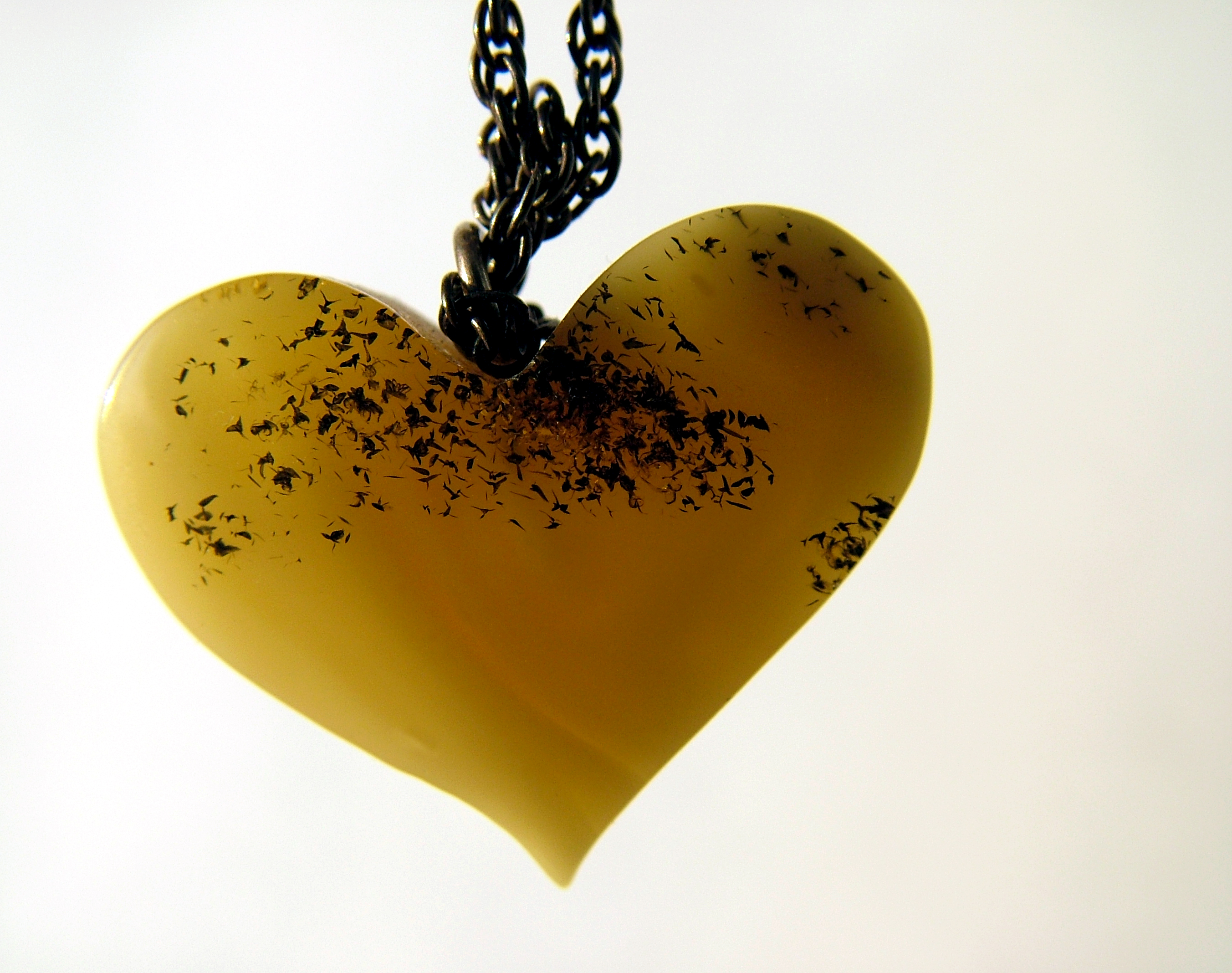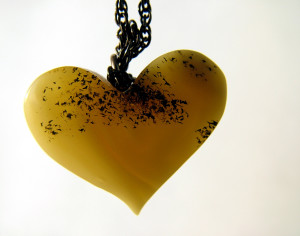The man speaking at the pulpit in sacrament meeting uses a phrase I haven’t heard before and I am instantly drawn in. Almost against my will, I am pulled toward an unexpected answer to every question I’ve ever had about who I am and who God intends me to be. I write the phrase in my scriptures. In pen. I want to record it permanently among other words of holy writ.
“Lose consciousness of virtue through love.”
In my life I have known a few people who live and love in ways that make them entirely unaware of their own loveliness. I think Mother Teresa was like this. Perhaps Mary, the mother of Christ, and John the beloved were such people. I find myself telling God, I want to be like that. Like Mother Teresa. For the first time I understand the scripture about the mustard seed and I plant this desire in my heart. I fully believe if I go about life being the best person I can be, in time God will grant my desire.
I puzzle over the concept of conscious desire to lose consciousness of one’s virtue. Isn’t this contradictory? Maybe so. . . then again, maybe not. Maybe that oft-sited scripture in Luke about losing one’s life for Christ’s sake really means what it says. Perhaps fostering loving thoughts, feelings and behaviors could erase the human need for acclamation or dissolve one’s natural inclination to compare one’s relative virtue with that of others. Perhaps by simply loving and serving each other we would diminish the ill effect of our human frailties, freeing us from crippling self-consciousness and bringing us to our whole selves. The Pure Love of Christ: to live so that Love becomes not just a feeling, but a physical way of being, free from private or public motivation. Sacrament service ends and I am left with these words: Love. Just love. All the rest will follow.
* * *
I’m finishing a shift at the dialysis clinic where I work as a registered nurse. I perform the requisite closing duties, one of which is to stock a small drawer with syringes, alcohol pads and gloves. This is not just an act of responsible professionalism, it is a kindness and common courtesy we offer each other as nurses. Morning at our clinic begins in the wee hours and no one wants to gather and stock supplies when they’d rather be home in bed. So we do this for each other. We make the next person’s job a little easier.
The building is empty and quiet. Everyone else has gone home. On this particular night I do not focus on the task at hand, but on the nurse who will come to work and find the drawer full. I feel love for that nurse and I am glad to make his or her life less stressful. Rather than feeling exhausted and resentful of one more thing to do, I feel rested, peaceful and genuinely happy. These feelings are unexpected at the end of an exceptionally long day. When I close the drawer I realize I am scheduled to come back the following morning. The nurse for whom I am performing this kindness is me.
With this thought I become very still. I feel as if someone whispers, “Stop and pay attention.” There is something important in this moment. There is a principle I am to understand. It has to do with stocking the supplies with loving-kindness for someone else then realizing: I am that someone else.
* * *
I am lying on my bed, half dreaming, half awake during an afternoon nap. I see myself preparing a grand feast. The Savior is coming and all my efforts are focused on providing a wonderful, delicious meal for the beloved Christ. I am calm, carefree, and joyful and feel none of the usual stress associated with such a gathering. I only feel love. For him. It doesn’t matter that my home is humble or table linens are imperfect. He cares nothing about that. And I know it. What matters is that I will sit with family, friends, and loved ones and with The Most Loved One. We will eat and visit and learn and laugh.
I spend the entire day cooking and preparing the table. I carefully arrange place settings and make His place at the head of the table. My family and friends arrive. He arrives and greets us. He’s a perfect gentleman, a perfect man. All the guests embrace each other in turn and settle into lively conversation as we move toward the dining room. We approach the table and again I am filled with love and joy. The beautiful meal, flowers, candles, many-colored linens glow with a kind of magical delight. My whole heart is in this, in all of it. I want Him to see what I have done for him, to feel how grateful I am for Him. I hope he knows that I know who he is and that I love him more than I can ever express. As I direct him to the seat of honor I look at his face to see if he approves. He pauses, steps aside, smiles and says, “This is your seat. The feast is for you.”
Now I am fully awake and weeping. I am overcome, undone with a sense of love and respect emanating from my guest; love and respect the likes of which I have never known. I am acutely aware of all the work, the time and energy and most especially the love given in every act of kindness I have ever offered to a brother or sister on the earth. He is aware of it too. He is preparing a place for me, even as I am preparing a place for Him.
Love. Just love. All the rest will follow.






Amazing as always. Thank you for being such a wonderful voice on our little blog.
Thanks, Paul. Like I said before, every liberal-thoughtful-mormon blog needs a feminist grandma (who loves Jesus). Glad to oblige.
That was just beautiful. Thank you.
Lovely, lovely post. And amen. 🙂
And thank you, Andrea and Lisa for reading and leaving kind comments. Between Easter and general conference, I’m awash in feelings of Christ. It’s a nice time to share this essay.
Amen and Hallelujah!
Beautiful.
Amen and amen! a truly lovely post. i’m going to put it on my FB page.
Thanks, Twila, Hagoth and Susan, so glad you want to share. Happy Pajama Sunday to all!
Thank you, Melody, for lifting my spirit and strengthening my (currently quite feeble) testimony. Love you.
Heather! Thank you for reading. . . and God bless all of us and our testimonies. (Also, thanks, Elder Holland via GC Sunday afternoon session!)
oh mom, so perfect. so beautiful. loved this one, and the one on your blog. Happy Sunday!
Thanks, dear daughter. Love you.
A good read for the soul. Makes me want to share but I’m in bed, speaking one-fingered with my iPhone. Another time. xo
Georgia. We should go to lunch and talk about the things of Love.
WOW, one of the MOST powerful, moving blogs I have read lately. Simple, pure, loving – Joyous
Thank you Melody
This is my religion “When I love another I am loving me, in GOD we are one.”
I was filled with loving emotion the second and third time reading what you wrote. That is rare indeed.